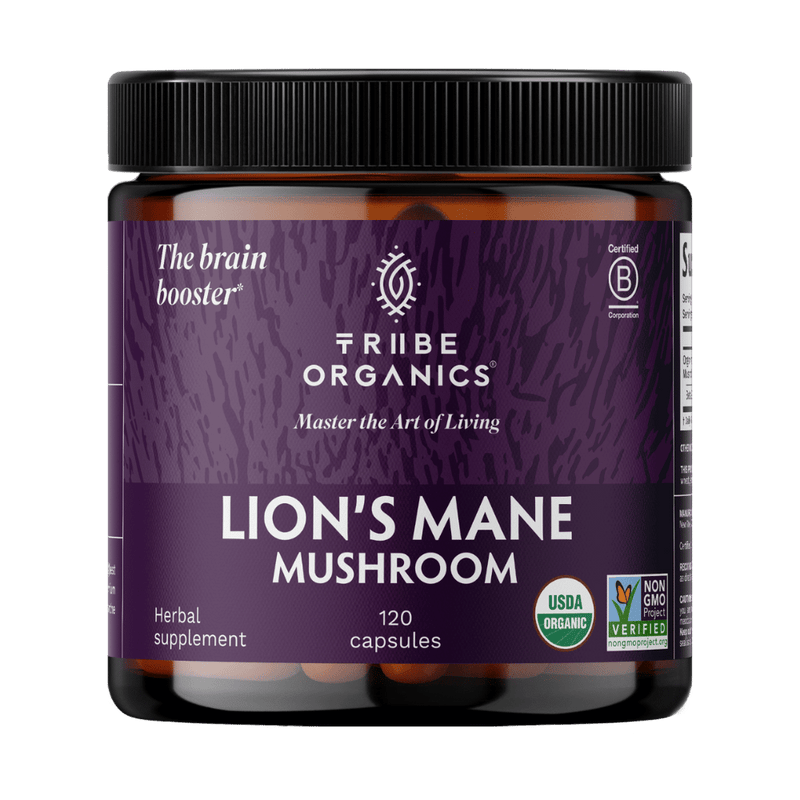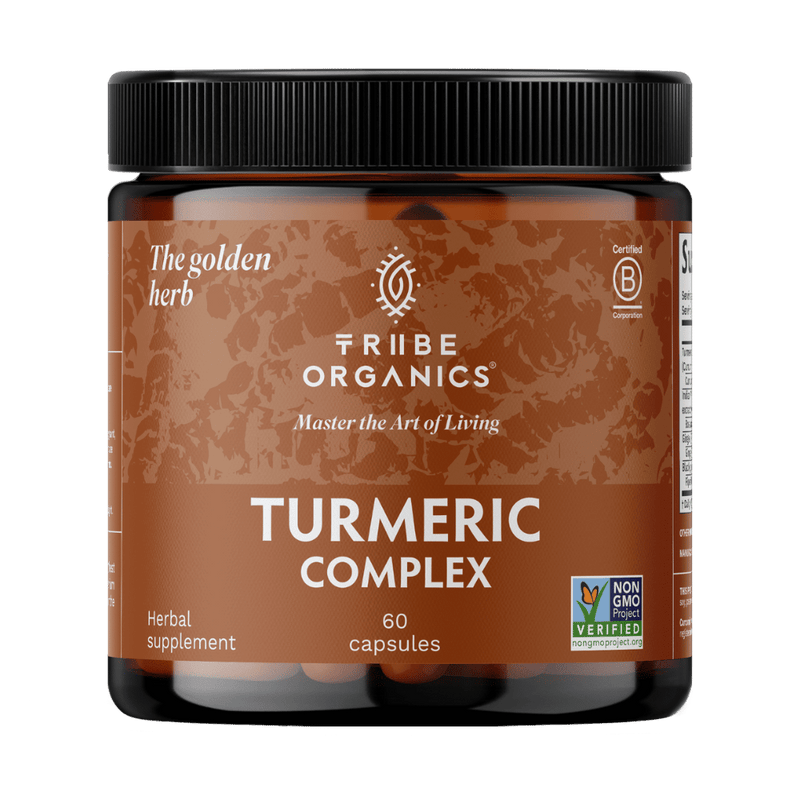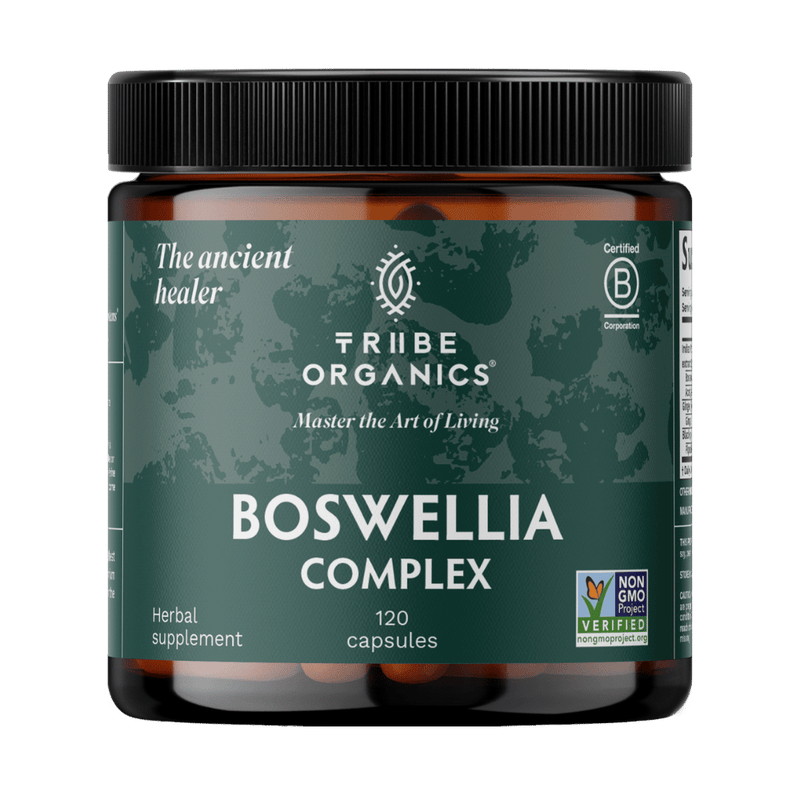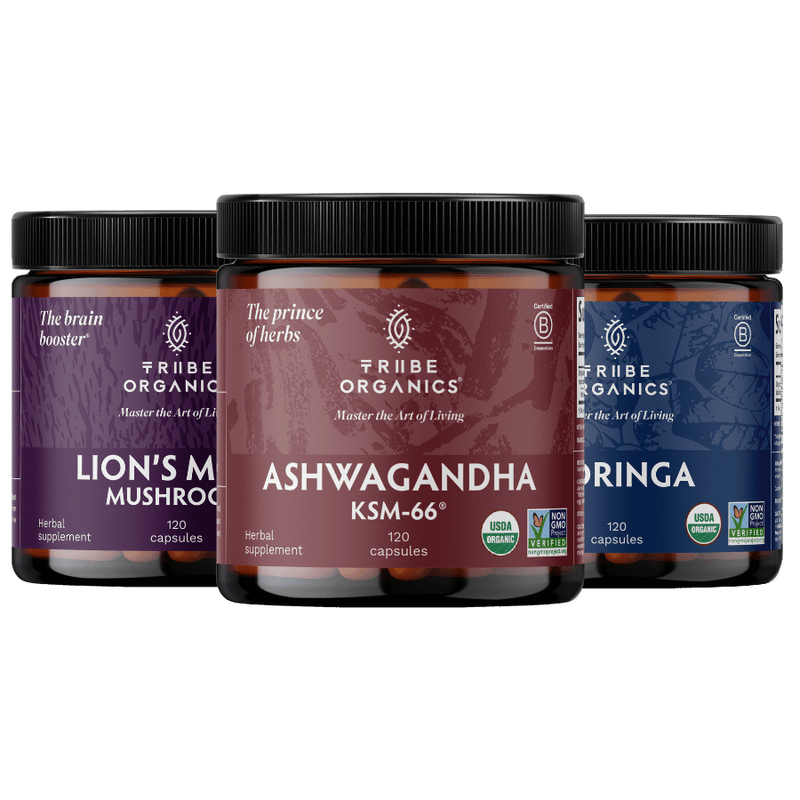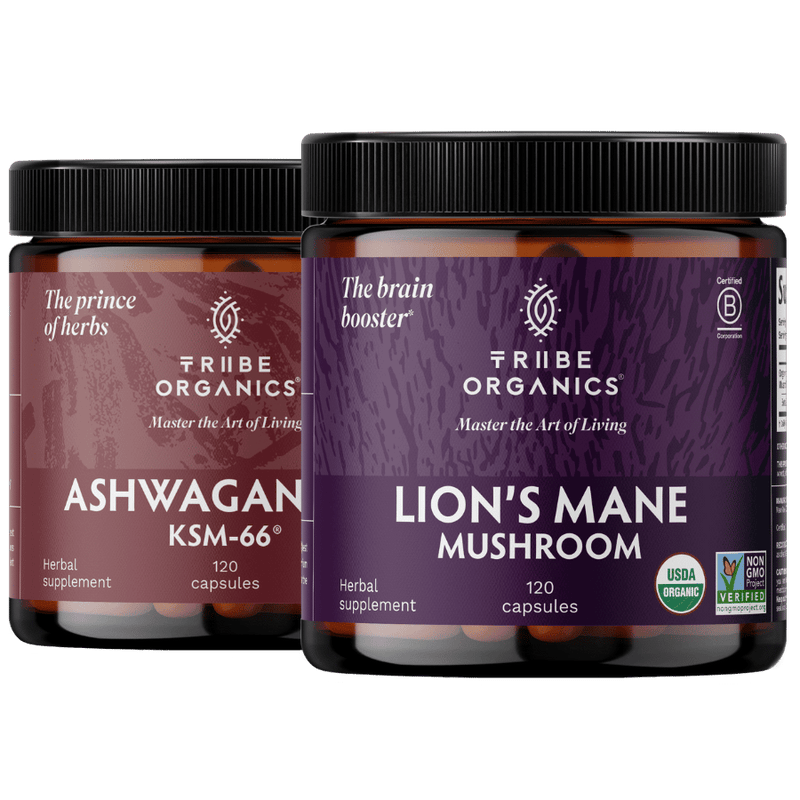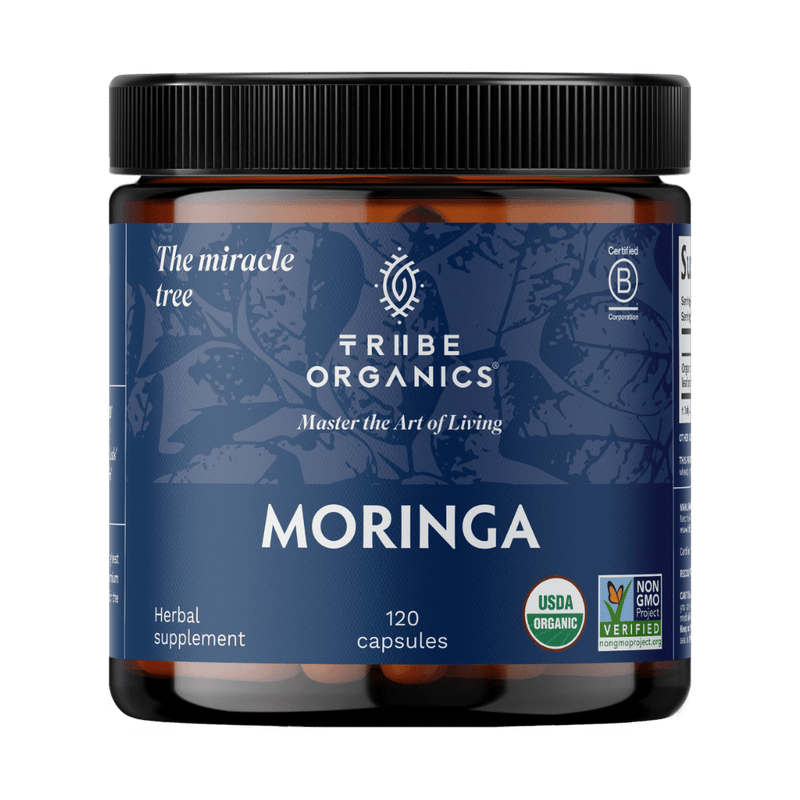Key Takeaways
- Green coffee bean extract, turmeric, ginger, and cinnamon are among the most scientifically-backed herbs for weight reduction
- These herbs work through various mechanisms including boosting metabolism, reducing appetite, and improving insulin sensitivity
- FDA does not regulate herbal supplements, making it crucial to consult healthcare providers before starting any herbal weight loss regimen
- Effective weight loss requires combining herbs with proper diet, exercise, and lifestyle changes rather than relying on herbs alone
- Some herbs like ephedra carry serious health risks and should be avoided, while others like gymnema sylvestre may interact with diabetes medications
The quest to lose weight naturally has led millions of people to explore weight reducing herbs as part of their healthy weight management strategy. Research shows that certain traditional plants contain bioactive compounds that may support weight loss efforts when combined with proper diet and exercise. While these natural solutions offer promise, understanding their mechanisms, benefits, and limitations remains crucial for anyone seeking to add herbal supplements to their wellness routine.
Modern science continues to validate what traditional medicine systems have known for centuries - specific herbs can influence metabolism, appetite, and body fat composition. However, more research is needed to fully understand their long-term effects and optimal applications. This comprehensive guide examines the evidence behind the best herbs for weight management while emphasizing the importance of safety and professional guidance.

Top Science-Backed Weight Reducing Herbs
Metabolism-Boosting Herbs
Green Coffee Bean Extract stands out among herbs for weight reduction due to its high concentration of chlorogenic acids. These compounds influence fat metabolism and reduce glucose absorption in the digestive system. Clinical studies have shown that green coffee bean extract can support modest weight loss when used consistently over 12 weeks or longer. The chlorogenic acids work by inhibiting glucose-6-phosphatase, an enzyme involved in glucose production, thereby encouraging the body to utilize stored fat for energy.
Cayenne Pepper contains capsaicin, a compound that significantly increases thermogenesis - the process by which your body burns calories to produce heat. Research demonstrates that capsaicin can boost metabolic rate by up to 15% for several hours after consumption, helping create the calorie deficit necessary for weight loss. Regular consumption of cayenne pepper may also reduce appetite and support fat oxidation during physical activity.
Black Pepper offers weight management benefits through piperine, its active ingredient that enhances metabolism and promotes fat burning during exercise. This common spice also improves the bioavailability of other nutrients and compounds, making it a valuable addition to herbal weight loss formulations. Studies suggest that piperine can block the formation of new fat cells while supporting the breakdown of existing body fat.
Ginger serves multiple roles in weight management by boosting metabolic rate, preventing fat absorption, and controlling appetite naturally. This versatile herb increases thermogenesis, similar to cayenne pepper, while also supporting healthy digestion and reducing inflammation that may contribute to weight gain. Regular ginger consumption has been associated with modest reductions in body weight and waist circumference in clinical trials.
Cardamom may increase calorie burn and help regulate appetite when added to meals. This aromatic spice contains compounds that support thermogenesis and may influence hormones involved in hunger and satiety. While research is still emerging, traditional use and preliminary studies suggest cardamom can be a helpful addition to a comprehensive weight management approach.
Appetite and Blood Sugar Regulating Herbs
Gymnema Sylvestre has earned recognition for its ability to reduce sugar cravings and glucose absorption, making it particularly effective for preventing weight gain. This Ayurvedic herb contains gymnemic acids that temporarily block sweet taste receptors on the tongue, naturally reducing the desire for sugary food. Additionally, gymnema sylvestre supports healthy blood sugar levels by improving insulin sensitivity and glucose uptake in cells.
Fenugreek may aid weight management by reducing insulin resistance and controlling hunger. The soluble fiber in fenugreek seeds helps slow digestion and promotes feelings of fullness, while its bioactive compounds support healthy glucose metabolism. Studies have shown that fenugreek can reduce appetite and caloric intake when taken before meals.
Cinnamon supports metabolism and appetite regulation when consumed at therapeutic doses of approximately 2 grams daily for 12 or more weeks. This common spice improves insulin sensitivity, helping the body more effectively process glucose and reducing the likelihood of excess sugar being stored as body fat. Cinnamon also provides antioxidant benefits that may support overall metabolic health.
Ginseng helps regulate hunger hormones and lowers blood sugar levels through its adaptogenic properties. Both Asian and American ginseng varieties have shown promise in supporting weight management by influencing leptin and ghrelin - key hormones that control appetite and satiety. The ginsenosides in ginseng may also support energy expenditure and fat oxidation.
Caralluma Fimbriata has been traditionally used to reduce hunger and support abdominal fat loss. This succulent plant contains pregnane glycosides that may influence appetite-regulating pathways in the brain. Clinical studies suggest that caralluma fimbriata can reduce waist circumference and appetite when used consistently as part of a weight management program.

Anti-Inflammatory and Fat-Burning Herbs
Turmeric provides weight management benefits through curcumin, which reduces inflammation and improves insulin sensitivity to prevent fat accumulation. Chronic inflammation can interfere with hormones that regulate appetite and metabolism, making turmeric’s anti-inflammatory effects particularly valuable for weight management. Research shows that curcumin supplementation, combined with lifestyle changes, can increase weight loss by 1.9-4.9% compared to diet and exercise alone.
Oregano contains carvacrol, a compound that supports metabolism and may help reduce body fat. This Mediterranean herb provides antioxidant benefits while potentially influencing genes involved in fat storage and metabolism. While more research is needed, preliminary studies suggest oregano extract may support healthy body composition when combined with proper diet and exercise.
Cumin has shown promise in promoting weight loss and supporting healthy cholesterol levels in clinical studies. The bioactive compounds in cumin may enhance thermogenesis and support fat oxidation, while also providing digestive benefits that support overall metabolic health. Some research indicates that cumin supplementation can lead to modest improvements in body weight and body fat percentage.
Green Tea Extract delivers catechins that stimulate the sympathetic nervous system and increase energy expenditure. The combination of catechins and caffeine in green tea extract can enhance fat oxidation, particularly during exercise. While individual results vary, green tea extract remains one of the most studied herbs for weight management, with evidence supporting its role in supporting metabolic health.
How Weight Reducing Herbs Work
Understanding the mechanisms behind weight reducing herbs helps explain their potential benefits and limitations. These natural compounds influence weight through multiple pathways, often working synergistically to support healthy weight management.
Thermogenesis Enhancement represents one of the primary mechanisms by which herbs like cayenne pepper and ginger support weight loss. These herbs contain compounds that activate the sympathetic nervous system, increasing body heat production and calorie burning. This process, known as diet-induced thermogenesis, can boost metabolic rate for several hours after consumption, contributing to the energy deficit needed for weight loss.
Appetite Suppression occurs through various mechanisms, with herbs like caralluma fimbriata and fenugreek helping reduce hunger signals. Some compounds interact with neurotransmitters in the brain that control appetite, while others influence hormones like leptin and ghrelin that regulate hunger and satiety. The high fiber content in certain herbs also promotes feelings of fullness, naturally reducing caloric intake.
Fat Metabolism Improvement involves enhancing the body’s ability to break down stored fat for energy. Green coffee bean extract and turmeric work through this mechanism, with their bioactive compounds activating enzymes involved in fat oxidation and inhibiting those responsible for fat storage. These herbs may also influence gene expression related to lipid metabolism.
Insulin Sensitivity Optimization helps regulate blood sugar and prevent fat storage, particularly important for long-term weight management. Herbs like cinnamon and gymnema sylvestre improve how cells respond to insulin, ensuring glucose is used for energy rather than stored as body fat. This mechanism is particularly beneficial for people with insulin resistance or prediabetes.
Digestive Support from traditional herbs aids digestion and nutrient absorption for better metabolic function. Poor digestion can contribute to inflammation and metabolic dysfunction, while proper digestive health supports optimal nutrient utilization and waste elimination. Many weight reducing herbs provide additional digestive benefits that support overall metabolic health.

Safety Considerations and Precautions
While herbs offer natural approaches to weight management, important safety considerations must guide their use. Understanding potential risks and interactions ensures safe and effective supplementation.
FDA Regulation Gaps create significant challenges in the supplement market, as herbal products are not regulated like prescription medications. This regulatory environment means quality, potency, and safety can vary dramatically between products and manufacturers. Consumers must research brands carefully and choose products from reputable companies that provide third-party testing and transparent sourcing information.
Medication Interactions pose serious risks, particularly with herbs like gymnema sylvestre and cinnamon that may interact with diabetes medications. These herbs can lower blood sugar levels, potentially causing dangerous hypoglycemia when combined with diabetes drugs. Other herbs may affect blood pressure medications, blood thinners, or other prescription treatments, making professional consultation essential before starting any herbal regimen.
Dosage Limitations must be respected to avoid adverse effects. High amounts of cinnamon, for example, may cause allergic reactions or gastrointestinal issues in sensitive individuals. The coumarin content in certain cinnamon varieties can also affect liver function when consumed in excessive amounts. Following recommended dosages and starting with lower amounts helps minimize risks.
Banned Substances like ephedra illustrate the serious risks some weight loss herbs can pose. Despite its effectiveness for weight loss, ephedra was banned by the FDA due to serious cardiovascular risks, including heart attacks and strokes. This example underscores the importance of choosing only well-researched, safe herbs for weight management.
Individual Monitoring remains crucial throughout any herbal weight loss program. Users should watch for side effects and discontinue use if adverse reactions occur. Common side effects may include digestive upset, headaches, or changes in blood pressure. Keeping a journal of symptoms and effects can help identify problematic herbs or dosages.
Professional Consultation provides the safest approach to herbal weight management. Healthcare providers can assess individual health status, review current medications for potential interactions, and provide guidance on appropriate herbs and dosages. This is particularly important for people with diabetes, high blood pressure, heart conditions, or other chronic health issues.
Traditional Ayurvedic Approach to Weight Management
Ayurveda, the ancient Indian system of medicine, offers valuable insights into the use of herbs for weight management. This holistic approach emphasizes balance and individualized treatment rather than one-size-fits-all solutions.
Holistic Philosophy forms the foundation of Ayurvedic weight management, emphasizing lifestyle adjustments over quick weight loss solutions. According to Ayurvedic principles, excess weight often results from imbalanced doshas (body energies) and poor digestion. The approach focuses on restoring balance through appropriate food choices, lifestyle modifications, and carefully selected herbs rather than pursuing rapid weight reduction.
Prakriti Assessment guides personalized herb selection based on individual body constitution and imbalances. Ayurvedic practitioners evaluate a person’s unique constitution (prakriti) and current imbalances (vikriti) to recommend specific herbs and formulations. This individualized approach recognizes that different people may need different herbs for optimal weight management results.
Digestive Fire Enhancement represents a core principle in Ayurvedic weight management, with practitioners selecting herbs that support agni (digestive fire) for better metabolism. When digestive fire is strong, the body efficiently processes food and eliminates waste, supporting healthy weight maintenance. Herbs like ginger, black pepper, and cumin are commonly used to strengthen agni and improve metabolic function.
Detoxification Support through traditional formulations helps eliminate toxins (ama) that may contribute to weight gain and metabolic dysfunction. Ayurvedic practitioners believe that accumulated toxins can slow metabolism and promote weight gain. Specific herb combinations are used to support the body’s natural detoxification processes and restore optimal metabolic function.
Sustainable Practices focus on long-term health rather than rapid weight reduction, emphasizing gradual changes that can be maintained over time. This approach recognizes that lasting weight management requires lifestyle changes and patience rather than quick fixes. The goal is to establish healthy patterns that support optimal weight throughout life.

How to Incorporate Weight Reducing Herbs Effectively
Successful integration of weight reducing herbs requires a strategic approach that prioritizes safety and maximizes potential benefits. Following evidence-based guidelines helps ensure optimal results while minimizing risks.
Start with Single Herbs to monitor individual response before combining multiple supplements. This approach allows you to identify which herbs work best for your body and helps pinpoint any adverse reactions. Beginning with well-researched herbs like green tea extract or cinnamon provides a safe starting point for most people.
Follow Recommended Dosages such as 2 grams of cinnamon daily, or as directed by healthcare providers. Exceeding recommended amounts rarely improves results and may increase the risk of side effects. Start with the lowest effective dose and gradually increase if needed, always staying within established safety parameters.
Combine with Lifestyle Changes by pairing herbs with balanced diet, regular exercise, and adequate sleep. Herbs work best as part of a comprehensive weight management strategy rather than as standalone solutions. The most successful approaches integrate herbal supplementation with proven lifestyle modifications for sustainable weight loss.
Quality Sourcing involves choosing organic, sustainably-sourced herbs from reputable suppliers. Look for companies that provide certificates of analysis, third-party testing results, and transparent information about their sourcing and manufacturing processes. Quality matters significantly in herbal supplements, as contamination and adulteration remain concerns in the market.
Gradual Introduction helps assess tolerance by starting with lower doses and gradually increasing to recommended levels. This approach helps identify any sensitivity or adverse reactions before reaching full therapeutic doses. Allow at least a week between dose increases to properly evaluate your body’s response.
Consistent Use for 12 or more weeks is typically needed to see meaningful results from herbal weight management programs. Unlike pharmaceutical interventions that may show rapid effects, herbs generally work more gradually and require consistent use over time. Patience and persistence are essential for achieving and maintaining results.
Monitor Progress by tracking weight changes, energy levels, and any side effects during use. Keep a journal documenting your experience, including any changes in appetite, energy, mood, or physical symptoms. This information helps optimize your herbal regimen and provides valuable data to share with healthcare providers.
Regular check-ins with healthcare professionals ensure safe and effective use of weight reducing herbs. Schedule follow-up appointments to discuss your progress, address any concerns, and adjust your approach as needed. Professional guidance becomes particularly important if you have underlying health conditions or take prescription medications.
Frequently Asked Questions
Shop best sellers
Explore our collection of favorite items that have gained popularity for their quality and satisfaction.




